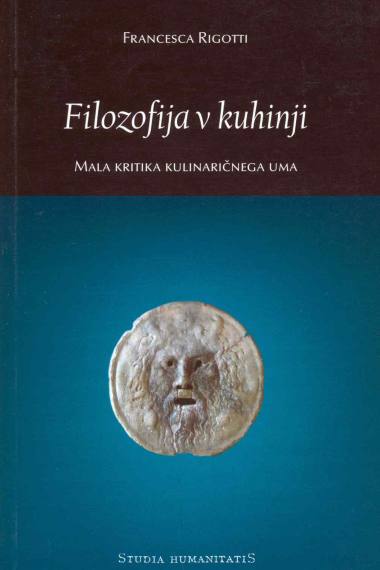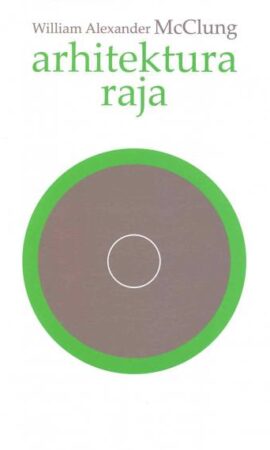Filozofija v kuhinji. Kratka kritika kulinaričnega razuma
€0,00
Ni na zalogi
Avtorica je profesorica političnih ved in institucij na Univerzi v Luganu. Njena Filozofija v kuhinji je filozofsko besedilo prav posebne vrste; sledimo razvoju filozofije, kot da bi šlo za hrano: od priprave prek peke do postrežbe nam v užitje. Avtorica opisuje analogijo med hrano za duha in hrano za telo. Četudi obe starodavni opravili, namreč filozofiranje in prehranjevanje, se ju je v preteklosti navadno prikazovalo kot nekaj zelo oddaljenega, večinoma zato, ker naj bi šlo pri filozofiji za povsem moško opravilo, medtem ko naj bi kuhinja zavzemala misli in roke žensk. Živahno napisano delo nas vabi v družbo Aristotela (ki bi menda napisal še več, če bi bolje jedel), da bi uživali z njim ob olivah in figah, k mizi nas kliče Kant, za poobedek se zleknemo v senci s Kierkegaardom …
Podobni izdelki
-
Kapitalizem kot spektakel
€14,00Izvirna cena je bila: €14,00.€11,90Trenutna cena je: €11,90. -
Metapsihološki spisi
€0,00 -
Arhitektura raja
€14,51Izvirna cena je bila: €14,51.€12,33Trenutna cena je: €12,33.




